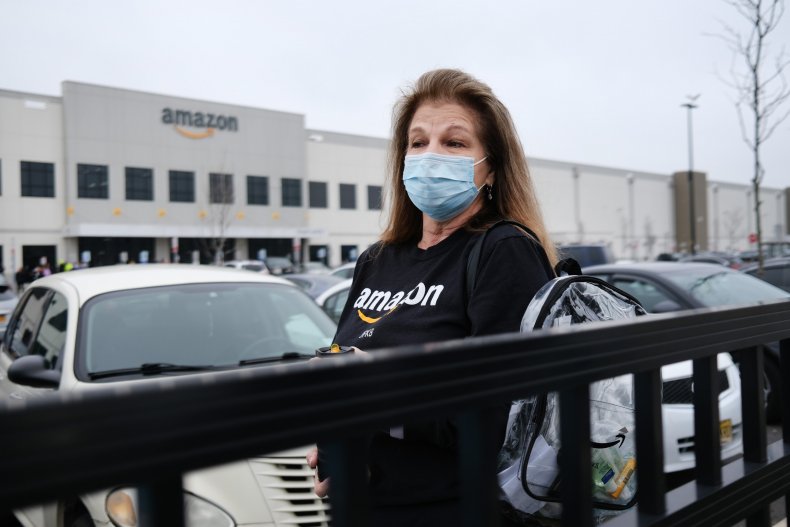In recent weeks, a heated discussion about whether Amazon’s workers must urinate in bottles because they have no time to go to the bathroom — a level of control that few modern corporations would dare exercise — has raged on Twitter.
“Amazon is reorganizing the very nature of retail work — something that traditionally is physically undemanding and has a large amount of downtime — into something more akin to a factory, which never lets up,” said Spencer Cox, a former Amazon worker who is writing his Ph.D. thesis at the University of Minnesota about how the company is transforming labor. “For Amazon, this isn’t about money. This is about control of workers’ bodies and every possible moment of their time.”
Amazon did not have a comment for this article.
Signs that Amazon is facing more pushback against its control have started to pile up. In February, Lovenia Scott, a former warehouse worker for the company in Vacaville, Calif., accused Amazon in a lawsuit of having such an “immense volume of work to be completed” that she and her colleagues did not get any breaks. Ms. Scott is seeking class-action status.
Last month, the California Labor Commissioner said 718 delivery drivers who worked for Green Messengers, a Southern California contractor for Amazon, were owed $5 million in wages that never made it to their wallets. The drivers were paid for 10-hour days, the labor commissioner said, but the volume of packages was so great that they often had to work 11 or more hours and through breaks.
Amazon said it no longer worked with Green Messengers and would appeal the decision. Green Messengers could not be reached for comment.
An Amazon warehouse in the Canadian province of Ontario showed rapid spread of Covid-19 in March. “Our investigation determined a closure was required to break the chain of transmission,” said Dr. Lawrence Loh, the regional medical officer. “We provided our recommendation to Amazon.” The company, he said, “did not answer.” The health officials ordered the workers to self-isolate, effectively shutting the facility for two weeks.
And five U.S. senators wrote a letter to the company last month demanding more information about why it was equipping its delivery vans with surveillance cameras that constantly monitor the driver. The technology, the senators wrote, “raises important privacy and worker oversight questions Amazon must answer.”
